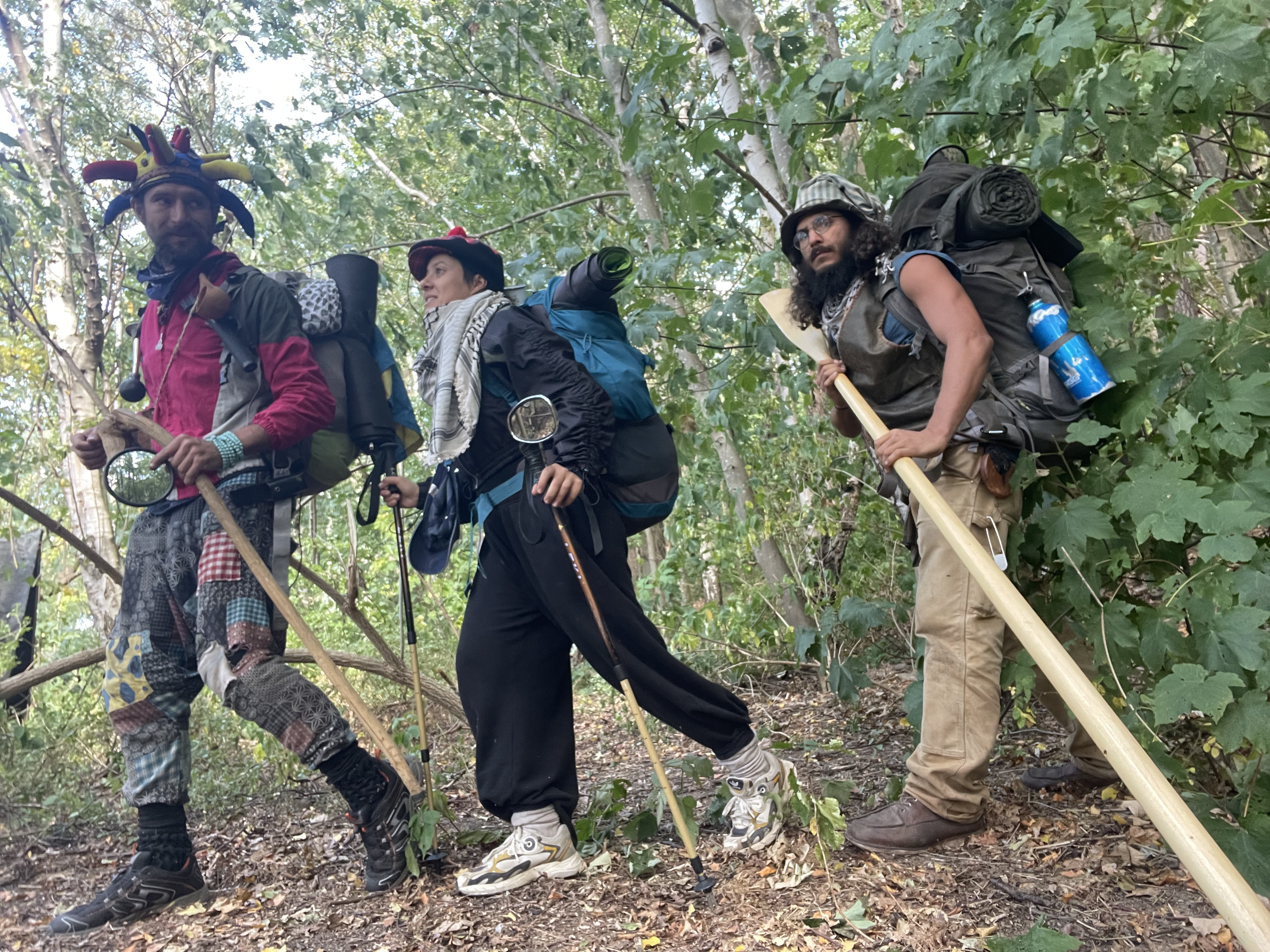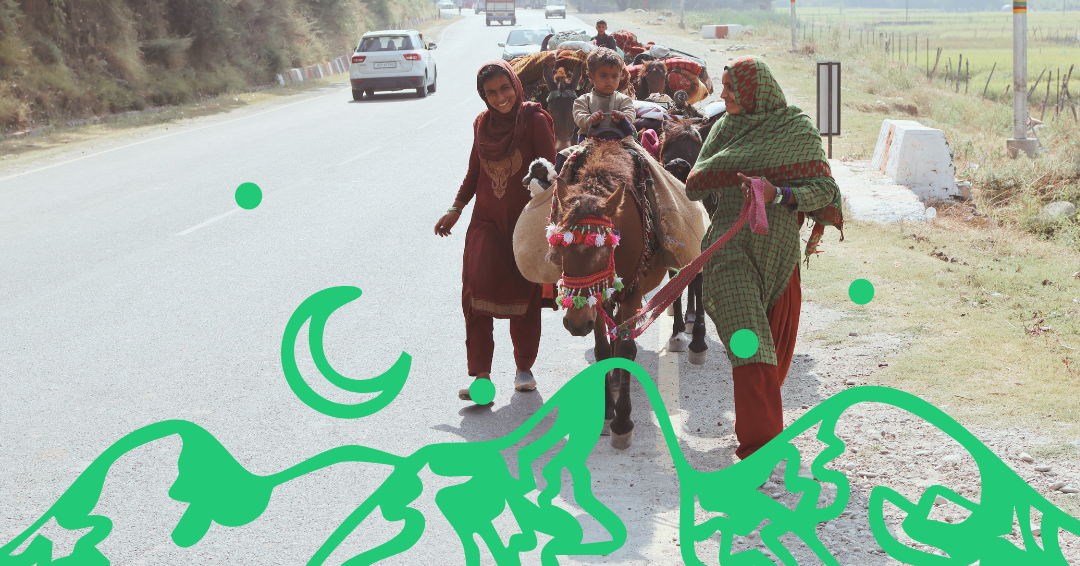Holidays are supposed to be about family, about spending time with the community, sharing stories and laughs. But Christmas has been co-opted into a capitalist fiesta. Whether we are religious or not we are bombarded by consumerist propaganda. Questions of sustainability are rarely discussed where new ‘green’ markets encourage further spending and over extraction, as we are told that we must buy buy buy to demonstrate our love for each other.
Capitalism depends on two core ideals: efficiency and ease, and drills us into being time-conscious individuals: ‘Time is money.’ As such, notions of community, solidarity, conviviality and environmental well-being are pushed out of view.
Gift-giving to demonstrate affection for loved ones at Christmas is beautiful as long as these gifts aren’t causing social and environmental degradation; homemade, upcycled, or second-hand presents provide a good solution. On her blog, Iana Nesterova proposes some tips for a more sustainable Christmas such as giving experiences rather than material objects (such as a trip to the Botanical Garden), heirlooms rather than new products, zero waste presents and food. She proposes creating a box of unwanted gifts for donation, making Christmas decorations, and avoiding consumerist shops by choosing a walk in nature instead.
However, our growth-addicted system leaves no time for crafting gifts by hand nor even to properly plan which presents we want to give and to whom, causing last-minute desperation buys of often unsuitable and unwanted gifts. Next-day-delivery and Amazon Prime provide quick-fix solutions, causing us to ignore our morals and support companies which not only advocate energy-intensive consumption but also have extremely harmful practices for both the environment and wellbeing.
Such destructive corporations survive on narratives of green growth which provide false hope that we can both continue our extractive lifestyles and preserve the environment, tying us further into the growth agenda and reinforcing our addiction to efficiency. Time pressure is exacerbated and space for reflection and creativity is eradicated. It is exactly this mechanism which allows the system to survive since we are starved of space to critically analyse capitalism and adopt more slow, sustainable modes of life. We are coerced into believing the ‘solutions’ proposed since we have no time to think of another way out.
Last of all, Nesterova calls for giving the gift of knowledge at Christmas. This post is one step in that process and I hope serves as a spark for further reflection, discussion, and, most importantly, community interaction. Despite the very real terror that the growth imperative induces, in the build-up to Christmas, I ask everyone to take a moment to acknowledge what is occurring and ask ourselves if and how we are being co-opted into the capitalist system; ask ourselves whether we are being made to believe that we must work longer and harder for the well-being of our families.
Let’s return to the ‘time is money’ narrative. Maybe if we took an extra hour off work to hand craft a gift of our own, the money we lose in wages would be saved on a present not bought. Let’s go even further and view value beyond monetary terms. Suddenly, we appreciate the social benefits of creating space to relax or spend time with family and friends when making or giving homemade gifts; the personal and communal value of taking a deep breath and recognising the people around you.

At the end of the Degrowth Cabaret at the ISEE Degrowth Conference in Oslo, a handful of conference attendees started a backwards walk from Christiania, Oslo, to Christiania, Copenhagen. Degrowth.info talked to them to learn more about this peculiar feat.

In this article, Seerat Bashir documents the seasonal migrations and cultural heritage of nomadic and semi-nomadic communities in the mountains of Kashmir alongside the challenges they face in preserving their identity when confronted by modernisation and climate change.